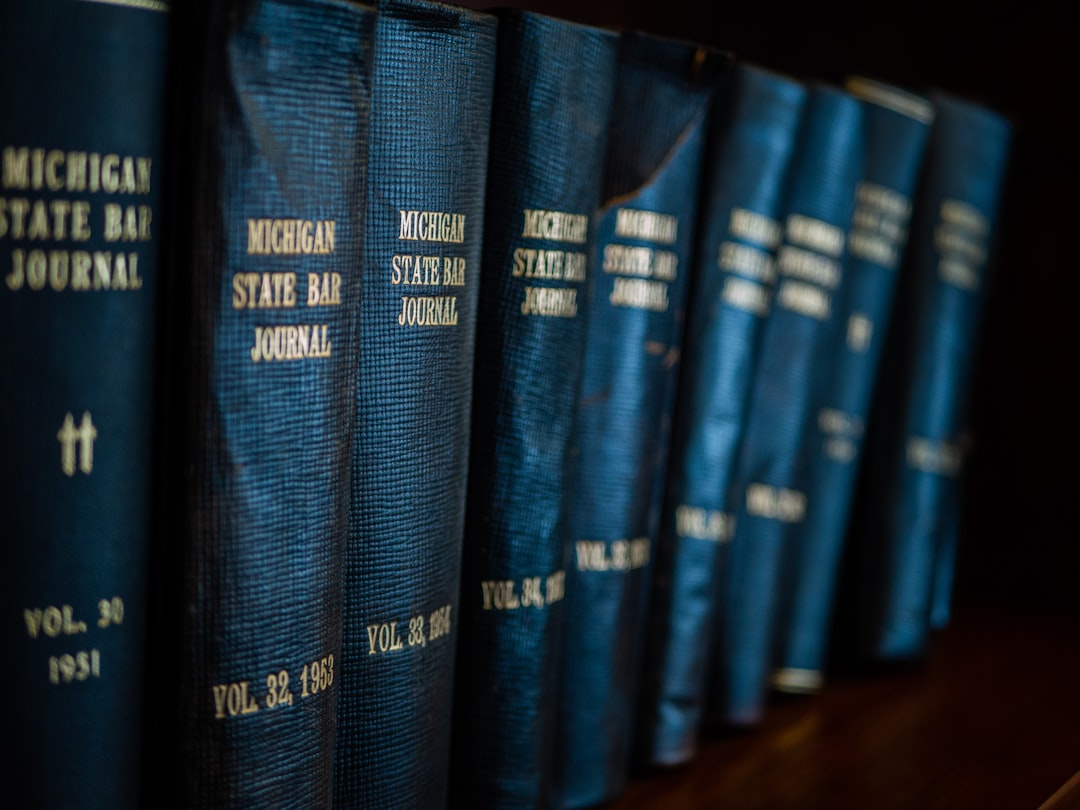Missouri's school accreditation standards are vital for ensuring student safety and addressing sexual misconduct. Accredited schools must follow stringent guidelines on staff training, policy development, and protocol implementation. Parents benefit from peace of mind knowing their child's school has undergone rigorous checks. Strong accreditation facilitates swift incident responses with the aid of specialized school abuse lawyers and law firms in Missouri. The current system, however, suffers from gaps, leading to reactive rather than proactive approaches. A standardized, comprehensive framework is needed to better protect students, support victims, and ensure legal compliance with school abuse lawyers and attorneys in Missouri.
“In Missouri, school accreditation standards play a pivotal role in safeguarding students from sexual abuse. This comprehensive article delves into the intricate relationship between accreditation and child protection, particularly focusing on strategies to prevent and address such incidents in accredited schools. From understanding state regulations to identifying challenges in current systems, we explore legal obligations, offer insights for effective prevention, and emphasize the crucial role of school abuse lawyers and attorneys in ensuring a safe learning environment for Missouri’s youth.”
Understanding School Accreditation Standards in Missouri

In Missouri, school accreditation standards play a pivotal role in establishing and maintaining safe learning environments. These standards are designed to ensure educational institutions meet specific criteria related to student protection, including sexual abuse prevention. Schools that seek accreditation must adhere to strict guidelines set by recognized accrediting agencies, which often include robust policies and procedures for addressing and preventing sexual misconduct. By doing so, they demonstrate their commitment to creating a secure atmosphere for all students.
Accreditation in Missouri involves comprehensive evaluations of a school’s administrative practices, curriculum, teacher qualifications, and safety protocols. This process encourages institutions to proactively identify vulnerabilities and implement effective strategies to safeguard students from potential abuse. For parents and guardians, knowing that their child’s school has undergone rigorous accreditation checks and adheres to stringent standards can provide peace of mind. If any concerns or incidents arise, having robust accreditation in place may also facilitate swift and appropriate responses from school authorities, with the support of specialized school abuse lawyers Missouri and law firms who understand these complex dynamics.
The Role of Accreditation in Sexual Abuse Prevention

School accreditation standards play a pivotal role in fostering a safer environment for students and addressing sexual abuse concerns in Missouri. Accreditation acts as a quality assurance mechanism, holding educational institutions accountable for implementing robust safety measures. In the context of sexual abuse prevention, accredited schools are required to adhere to stringent guidelines that cover various aspects, from staff training to policy development. These standards ensure that schools employ qualified professionals who can identify and respond to potential abuse situations effectively.
By engaging school abuse lawyers, attorneys, and law firms in Missouri, accreditation processes can be rigorously reviewed to strengthen existing policies. School abuse law experts can help institutions navigate the legal implications of prevention strategies, ensuring compliance with state laws. This collaborative approach not only enhances the overall safety of students but also provides a robust defense mechanism should any legal challenges arise, backed by the expertise of school abuse lawyers and attorneys in Missouri.
Legal Obligations and Responsibilities for Schools

In Missouri, schools have both legal obligations and responsibilities when it comes to preventing and addressing sexual abuse. According to state laws and regulations, educational institutions must implement robust policies and procedures to ensure a safe learning environment for all students. This includes conducting thorough background checks on staff and volunteers, providing mandatory training on recognizing and reporting abuse, and establishing clear protocols for handling complaints and incidents. Failure to fulfill these duties can have serious consequences, as schools may be held liable through legal actions by victims or their families, represented by competent school abuse lawyers Missouri.
Schools are required to designate specific individuals or departments responsible for overseeing safety and compliance, ensuring that every student is protected from potential abusers. Regular reviews of existing policies and programs are necessary to stay updated with best practices in sexual abuse prevention. By adhering to these legal requirements, schools can not only mitigate risks but also demonstrate their commitment to maintaining a secure atmosphere, which may be crucial in the event of legal scrutiny by school abuse attorneys Missouri or school abuse law firms Missouri.
Challenges and Gaps in Current Accreditation Systems

The current accreditation systems for schools in Missouri face several challenges and gaps when it comes to sexual abuse prevention. While many schools strive to implement robust safety measures, the lack of standardized, comprehensive guidelines across all institutions creates a patchwork of protections. This varies from school to school, leaving some students more vulnerable than others. Many existing systems are reactive rather than proactive, focusing on addressing incidents after they occur rather than equipping educators with preventive tools and training.
Moreover, the fragmented nature of accreditation means that there is no uniform approach to reporting, investigating, or prosecuting instances of school abuse. This can lead to inconsistencies in handling such cases, making it difficult for victims and their families to navigate the legal system. School abuse lawyers Missouri, as well as other professionals, often face an uphill battle when advocating for victims due to these systemic shortcomings. As a result, there is a pressing need for standardized, comprehensive, and uniform accreditation standards that prioritize sexual abuse prevention and response across all schools in Missouri.
Strategies for Effective Sexual Abuse Prevention in Accredited Schools

In accredited schools across Missouri, implementing robust sexual abuse prevention strategies is paramount, driven by a commitment to safeguarding students and holding institutions accountable. A multifaceted approach includes comprehensive training for staff and educators on identifying signs of abuse, reporting procedures, and empathetic responses. Regular workshops, simulations, and ongoing discussions create an environment where awareness is high, and potential red flags are promptly addressed.
Moreover, effective prevention involves fostering an open culture where students feel comfortable discussing sensitive topics with trusted adults. School administrators should collaborate with local law enforcement and reputable organizations specializing in child protection to develop protocols tailored to the unique needs of Missouri’s educational landscape. Engaging parents and caregivers through informative sessions and resources further strengthens the safety net, ensuring that everyone involved is equipped to play a vital role in preventing and addressing school abuse. Utilizing the expertise of school abuse lawyers from Missouri law firms specializing in this area can help schools navigate legal requirements and implement best practices, ultimately contributing to a safer learning environment.




